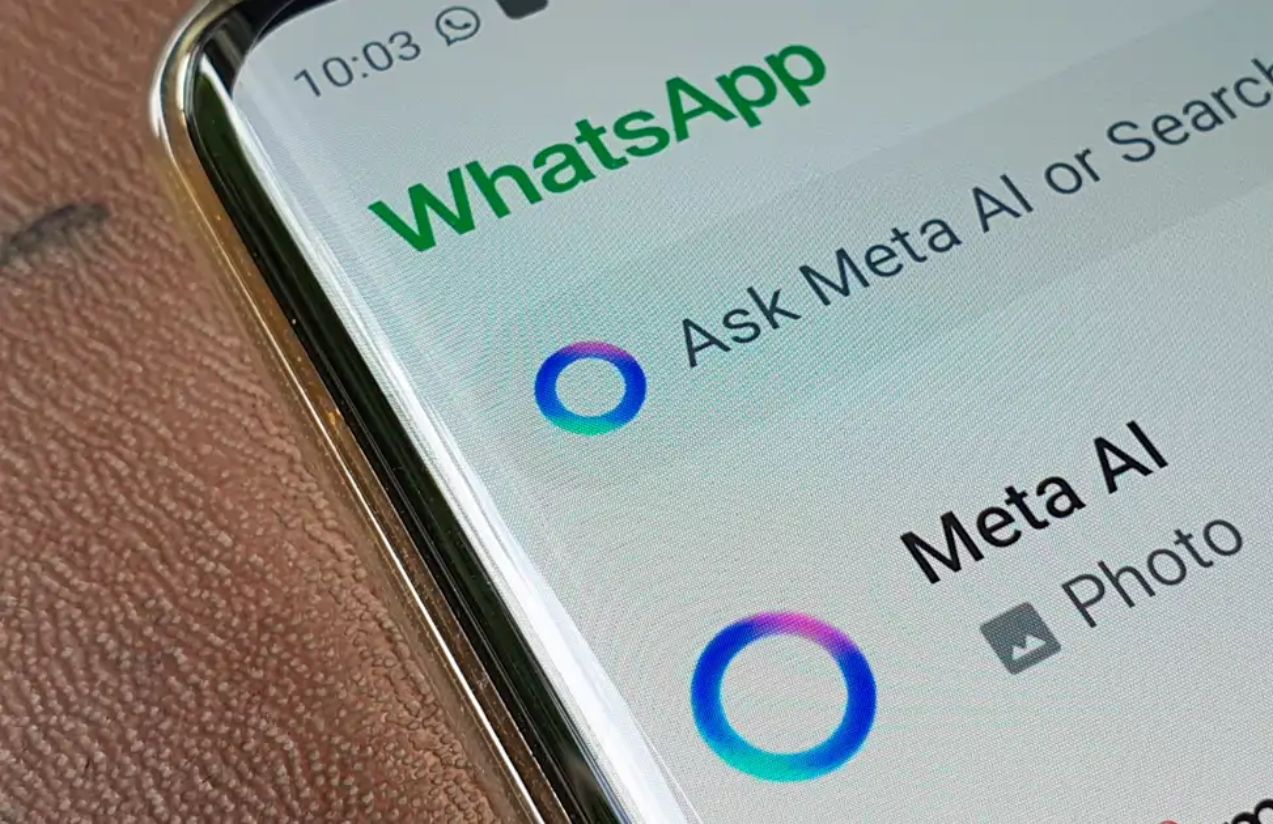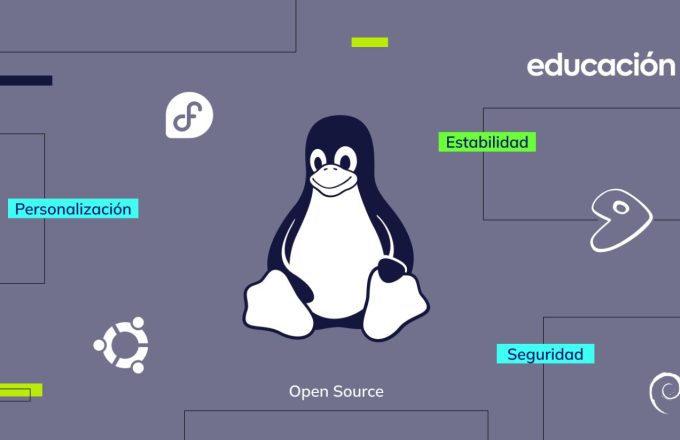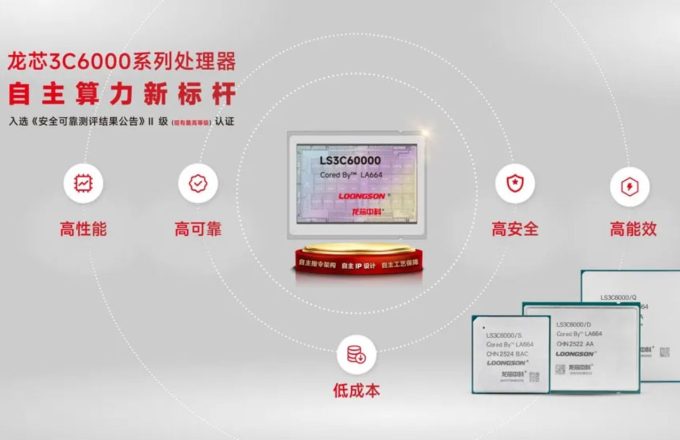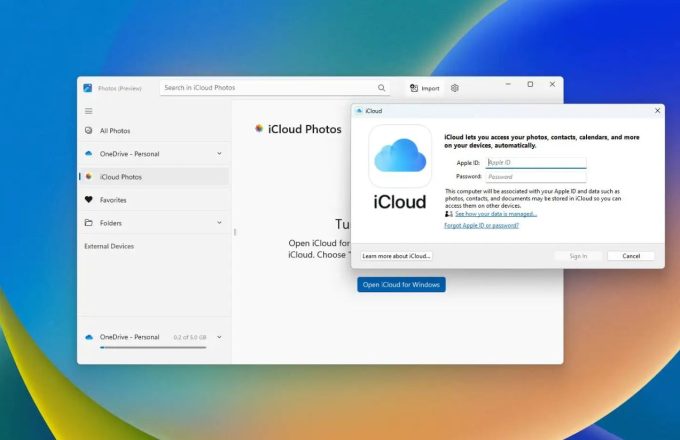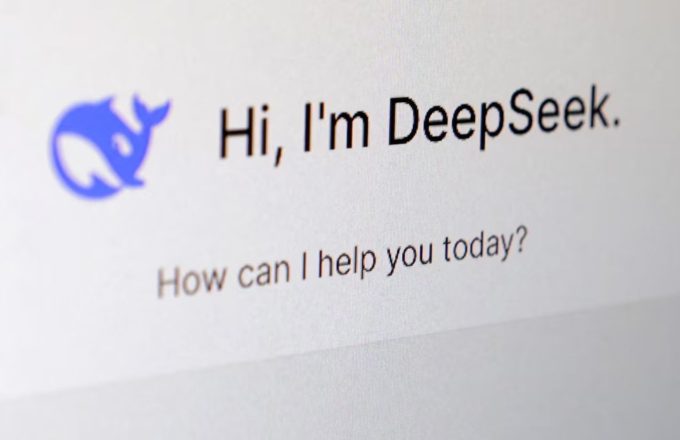Without prior warning, the simultaneous rollout of Meta AI on WhatsApp has transformed the experience for millions of users. Although the new feature promises increased assistance and efficiency, its integration has sparked notable criticism across various sectors.
The reasons behind this discontent are diverse — ranging from privacy concerns and information reliability to energy consumption, concentration issues, and doubts about the tool’s real usefulness.
Meta AI appears in WhatsApp as an additional contact, marked with a blue icon, allowing users to send text messages. The artificial intelligence tool can answer queries, generate images from text prompts, provide recommendations, and interact in real time as a virtual assistant.
However, one of the main concerns centers around the handling of personal data. While Meta claims that WhatsApp conversations remain protected by end-to-end encryption — preventing the company from accessing user messages — some fear that interactions with Meta AI may fall under different terms of service and data processing policies than regular chats.
Environmental impact is another issue raised by critics. Generating images or responses through AI requires substantial energy. According to estimates from tech-focused media, creating a single AI-generated image can consume as much energy as half a phone charge, while producing a thousand images could require the equivalent of over 500 full phone charges.
The accuracy of Meta AI’s responses has also come under scrutiny. Like other AI platforms, it may provide incorrect or entirely fabricated answers. This becomes particularly risky when dealing with sensitive topics such as health or safety. The tool’s experimental nature underscores the importance of using it cautiously, especially for users who lack the technical knowledge to verify the information they receive.
Concerns about digital distraction are also growing. In an ecosystem already saturated with communication, entertainment, and content platforms — from Instagram and Facebook to TikTok and X — the addition of a conversational AI assistant could further increase screen time. For students or professionals who rely on their phones for productive tasks, this may hinder time management and focus.
Finally, there are debates about the impact of AI on creativity. Although Meta AI is marketed as a creative support tool, its outputs often follow predictable patterns and stylistic limitations. This has raised questions about how such tools might affect human creativity, as many AI-generated texts and images tend to share similar structure, tone, and aesthetics. Moreover, the ease of obtaining instant answers could reduce independent idea exploration and critical thinking, particularly in educational or learning contexts.
In summary, while some view Meta AI as a helpful innovation, others see it as an unnecessary intrusion. The future of this feature on WhatsApp will largely depend on how its integration evolves — and whether Meta can effectively address the concerns it has stirred.


